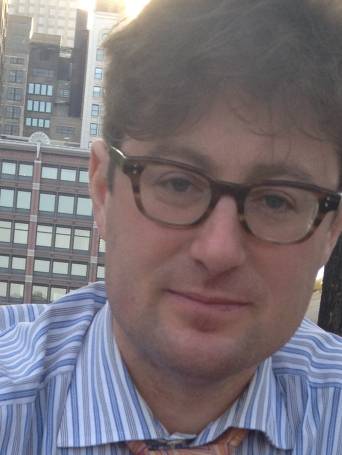
Alexander Shermansong is an Adjunct Associate Professor of Public Service of NYU's Robert F. Wagner Graduate School of Public Service. He earned his M.Phil in Classical Philosophy from Cambridge University and his A.B. with Highest Honors (PBK) in Classics and Computer Science from Princeton University.
Alexander creates practical innovations that make systems work better for people. He has a habit of spotting where technology and institutions fall short, and then building tools that change the equation—always with an eye toward scale and impact.
He co-founded the Smart Cities Institute for the U.S. Conference of Mayors to give local leaders a way to apply data to everyday challenges, and he wrote a guidebook on organizational culture for the Bloomberg Harvard City Leadership Initiative so mayors could embed those lessons into their teams. As founder of Civic Consulting USA, he guided newly elected officials from both parties, showing how to gain traction with fresh ideas in their first hundred days.
That same mix of vision and pragmatism carries into his business ventures. As CEO of Digital Services for a global real estate firm, he created products that cut water and energy costs for homeowner associations by a quarter. He launched a financing platform with a billion-dollar pipeline for affordable housing, and he has managed digital transformations in healthcare and transportation that directly improved how people receive care and move through cities.
Today Alexander leads AI and analytics for a fast-growing health services company, mentors entrepreneurs as an angel investor, and continues to design systems that make organizations more effective and people’s lives better.